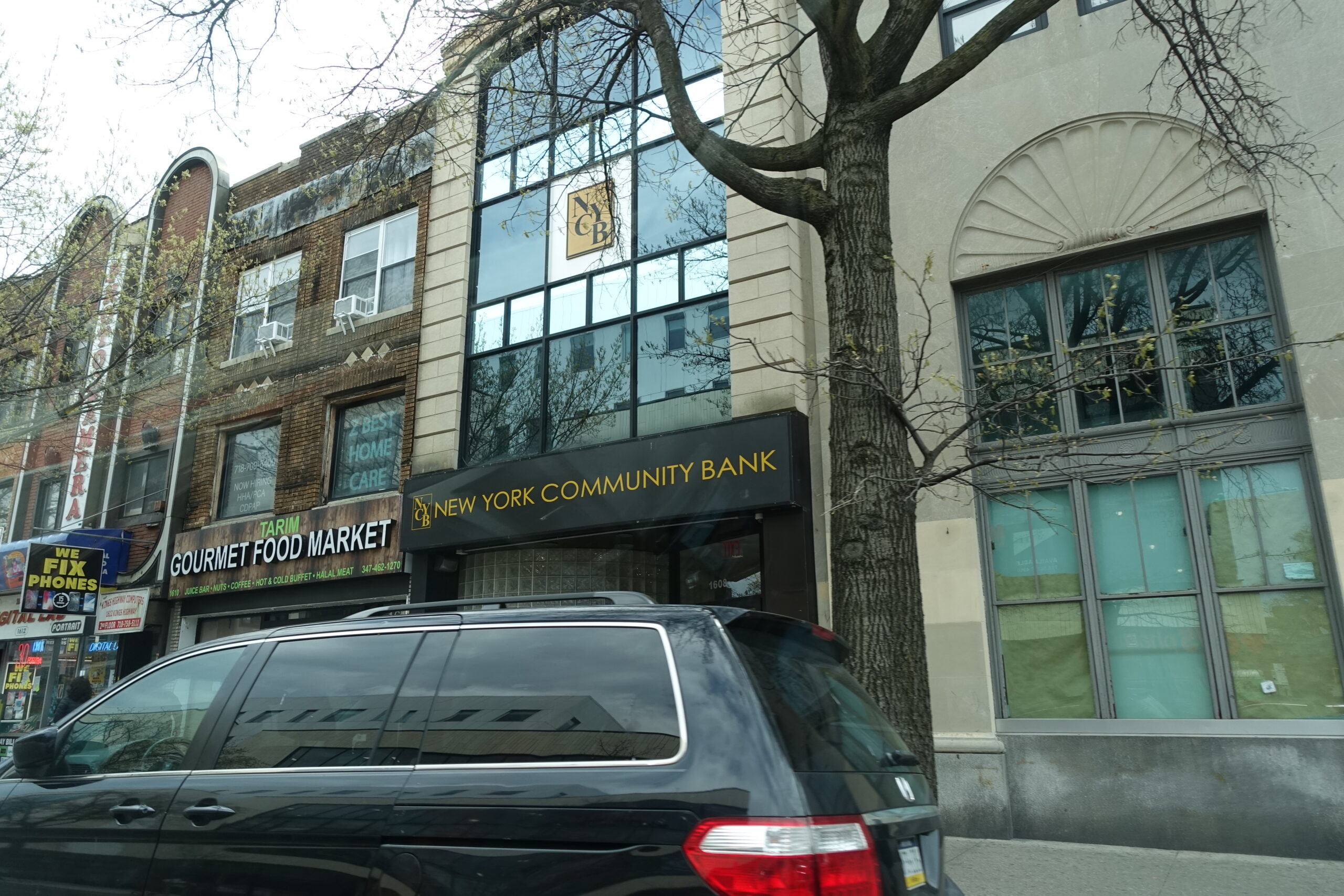New York Community Bank (NYCB) finds itself at a critical juncture, navigating through financial turbulence and undergoing a significant strategic overhaul to stabilize and propel itself forward. Amid a tumultuous period marked by a surprising loss, a credit rating downgrade, and a hefty dividend cut, NYCB’s resilience and strategic maneuvers are put to the test. The bank’s journey through this stormy financial climate sheds light on the broader challenges and opportunities facing regional banks in today’s volatile economic landscape.
In the month leading up to a pivotal $1 billion-plus capital injection from a consortium led by former Treasury Secretary Steven Mnuchin’s Liberty Strategic Capital, NYCB experienced a worrying 7% drop in deposits. This decline from $83 billion to $77.2 billion precedes Moody’s decision to downgrade the bank’s credit ratings to junk status. Furthermore, in response to its financial predicament, NYCB made the difficult decision to significantly reduce its quarterly dividend to 1 cent per share, an 80% decrease from the previous 5 cents and a stark contrast to the 17 cents paid before reporting a surprise fourth-quarter loss.
The bank’s challenges are multifaceted, encompassing both sector-wide issues and company-specific headwinds. The Federal Reserve’s interest rate hikes have raised banks’ expenses by increasing the interest paid to depositors. Coupled with a weak demand for loans, banks like NYCB struggle to offset these heightened costs. Additionally, NYCB grapples with its own unique challenges, notably its heavy exposure to commercial real estate loans following the acquisition of the distressed Signature Bank. Economic shifts, such as the rise in remote work and mass relocations, have significantly impacted demand for office and commercial spaces, exacerbating NYCB’s loan default concerns.

Despite these daunting challenges, the capital infusion led by Mnuchin’s Liberty Strategic Capital offers a glimmer of hope. It provides NYCB with the much-needed breathing room to address lingering questions about its exposure to New York-area multifamily apartment loans and internal weaknesses in loan review. This strategic move has not only stemmed the tide of its stock’s downward spiral but also sparked a resurgence of investor confidence, evident in the 10% surge in NYCB shares following the announcement.
Looking ahead, the path for NYCB is fraught with uncertainty, particularly concerning the commercial real estate market’s trajectory. However, its current valuation suggests an attractive proposition for long-term investors, should the bank successfully navigate through these turbulent waters. The strategic overhaul, underscored by the capital injection and leadership changes, signals NYCB’s commitment to addressing its challenges head-on and repositioning itself for future growth.
In the grand scheme, NYCB’s ordeal highlights the precarious nature of the banking sector amidst an unpredictable economic climate. As NYCB strives to turn the tide, its journey offers valuable insights into the resilience and adaptability required to weather financial storms and emerge stronger on the other side.
Related posts:
NYCB says it lost 7% of deposits in the past month, slashes dividend to 1 cent
Here’s Why Shares of New York Community Bank Dropped 26% Last Month





